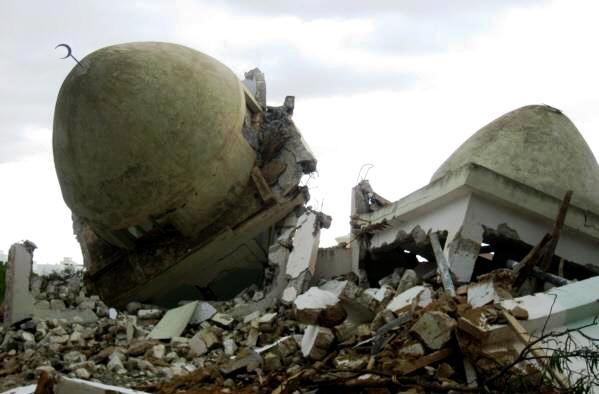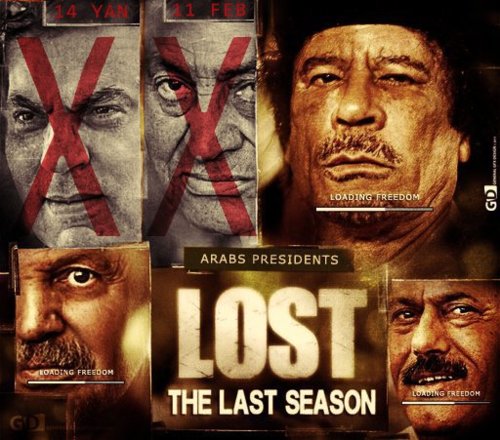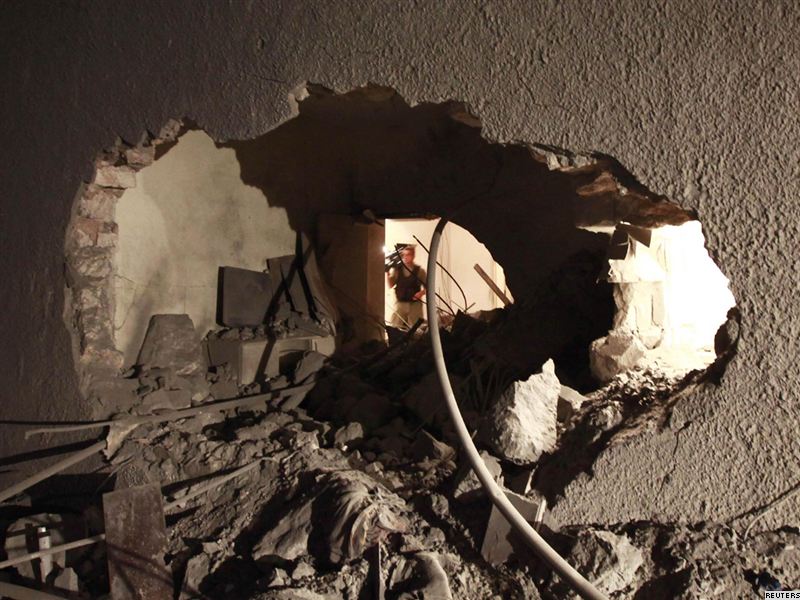Salafist/Wahhabi Hooligans’ Agendas for Destruction and Violence
Dr. Hayat Alvi for BeyondHeadlines Russia’s President Vladimir Putin has a real…
Switzerland: Govt Freezes $1bn Worth of Gaddafi, Mubarak and Ben Ali Assets
The Swiss government has ordered banks and other financial institutions to freeze…
NATO Air-Strike Kills Gaddafi’s Son
Amnah Khalid, BeyondHeadlines In a NATO air strike, Gaddafi's son Saif al-Arab,29,…
The Role of Social Media in Revolutions
Fareed Zakaria It's important to remember how recent the entire information revolution…
Tunisian Caretaker PM to Appoint New Government, Pledges to Restore Order
Tunis (Xinhua) -- Tunisia's new caretaker prime minister Beji Caid Essebsi said…




